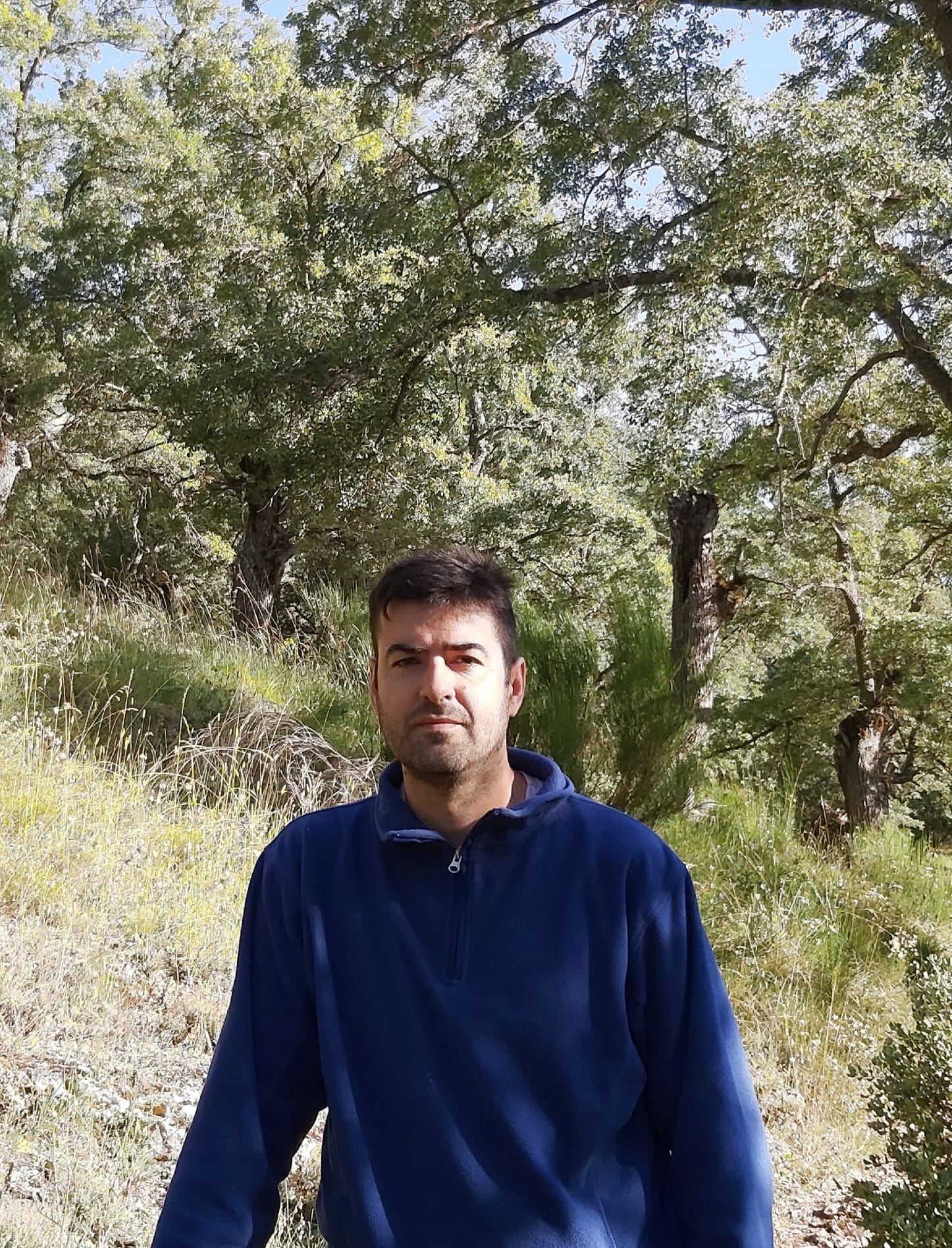 Manuel Esteban Lucas Borja
Manuel Esteban Lucas Borja
Castilla La Mancha University
Higher Technical School of Agricultural and Forestry Engineering. Department of Agroforestry Technology and Science and Genetics
Campus Universitario s/n
C.P. 02071, Albacete (Spain).
Télf.; 967599200 ext. 2818
E-mail : manuelesteban.lucas@uclm.es
https://orcid.org/0000-0001-6270-8408
EDUCATION:
B.S.(1996-1999), Castilla La Mancha University, Forestry; M.S. (2000-2002), Lleida University, Forestry; Master in Forestry and Rural Development (2004), Polytechnic University of Valencia; Master in Environmental Engineering (2006), Castilla La Mancha University; Ph.D. (2008), Castilla La Mancha University, Forestry.
TEACHING AND RESEARCH:
Since 2005, I have been working on different research projects and teaching activities at Castilla La Mancha University (Spain). I developed my doctoral thesis in Cuenca Mountains working on Spanish black pine (Pinus nigra Arn. ssp salzmannii) natural regeneration and sustainable forest management. I have also spent some years in different European and national universities and research institutes as for example Edinburgh University (Scotland), Instituto Superior de Agronomía de Lisboa (Portugal), Tras-Os-Montes e Alto Douro University (Portugal), Centro de Biología Aplicada del Segura (Spain), Oregon State University (Collegue of Forestry) or USDA Forest Service (Rocky Mountains Research Station, Arcata). I am currently involved in many different research and teaching activities at the School of Advanced Agricultural and forestry Engineering (Castilla La Mancha University). My core research and teaching interest are related to:
1.- Ecological forest restoration. Postfire management strategies effects on forest plant biodiversity, soil properties and multiple ecosystem functions, including nutrient cycling, climate regulation, waste decomposition, symbiosis, wood production and water regulation.
2.- Soil erosion. Assessing hydrological behaviour and sediment connectivity in contrasting landscapes.
3. – Forest ecosystem management under the sustainability and multifunctionality forestry principles within the context of climate change.

Why is this research important for the society?
Ecological restoration can contribute to the recovery of ecosystem services and functions and to enhance biodiversity outcomes as well as to improve human well-being in degraded landscapes. The goals of ecosystem restoration include mitigation of climate change, biodiversity conservation, and enhancing human prosperity.
Ecosystem multifunctionality of Mediterranean forests may be altered after wildfires and postfire managing strategies can significantly help to recover ecosystems multifunctionality in the short-term. Advancing our knowledge on how ecosystem multifunctionality changes after wildfires is essential to maintain healthy ecosystems.
Are you interested in this work?
Mail me (manuelesteban.lucas@uclm.es) if you want to join me in some of the research topics I am currently workin on. I am always open to collaborate!